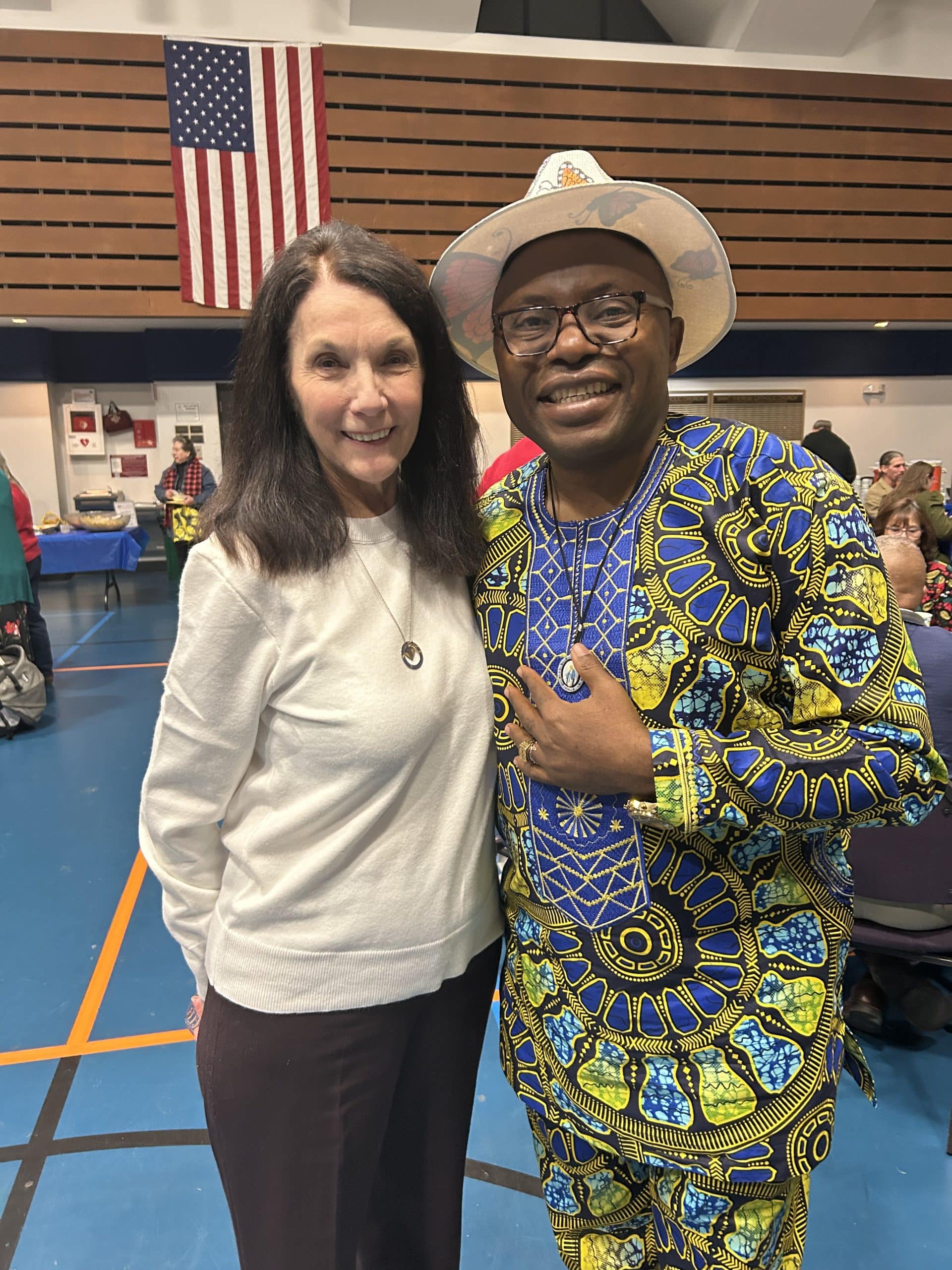
Students learn coding to develop creative skills. Programing teaches children to experiment. So, the classroom that teaches coding gives students the edge they need to become lifelong learners. In addition, coding gives students a different outlook on problem solving. Many skills are developed by coding. Plus, they learn how computers work. Therefore, it’s best if this skill is taught to young students as well as older students.
Simply put, coding is computer programming. It is writing instructions that a computer understands in order to perform a specific task. This, in itself, empowers students. It provides math skills and teaches students to be persistent. On a basic level, students learn what they need to build and run websites, apps, games and the control of robots. Coding is important for many reasons.
• Technology is intertwined in everyone’s life. It is part of today’s student’s lives. For students, computer literacy is fundamental.
• A study shows that programing wakes up five brain regions that relate to language processing, working memory and attention.
• Coding is part of STEM and encourages boys and girls to be part of STEM careers.
The earlier students begin to program, the more they reach their comfort level with computers and technology. Thus, they enable themselves to accept more challenges and learning opportunities. As they further their basic learning, they broaden their future opportunities.
Computer programming teaches students to break problems into parts. Thus, they create steps needed to solve a problem. Also, it teaches pattern recognition. As they program, they apply learned math and science skills.
Why Not To Teach Coding
Many think there are other priorities in schools other than to teach programing. Teachers have too much on their plates. The school curriculum is too full of ‘must teach standards’. However, the coding that is taught to students today will be very different in the near future. Therefore, exposure to computer programming is a must so they are able to adapt to new developments in technology.
![]()


